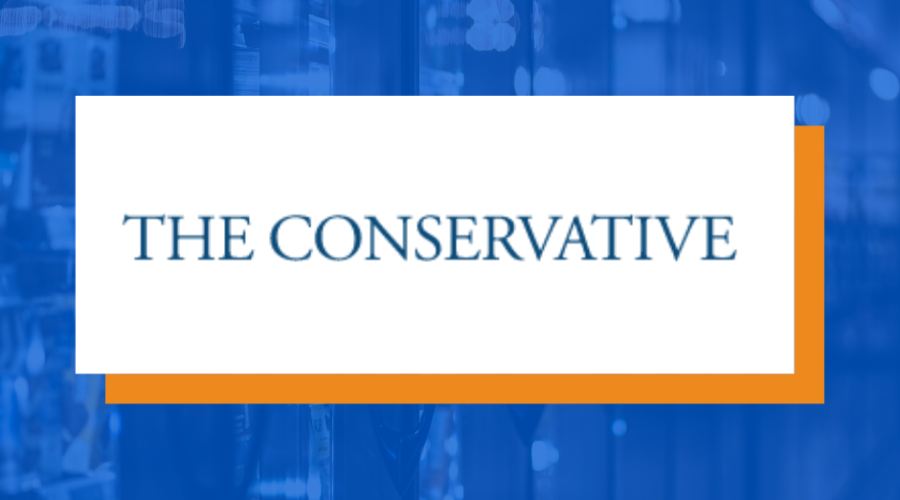To fight human rights abuses, we should protect credible brands
In recent years, there has been welcome attention paid to how worker safety and rights are protected in countries that trade with Europe….
While most trade takes place within legal and regulated channels, there remains an entire sector of the global economy that peddles in knock-offs and illicit goods.
The threats posed by illegal trade go way beyond safety and product quality considerations. The creation of parallel supply chains that have no respect for human rights imperils our shared efforts to ensure that all humans are treated with respect and dignity.
The European Union should level up on its efforts to expose forced child labour and harsh treatment of workers across the world by raising awareness about these activities through its anti-illicit trade policies, and by partnering up with affected brand owners to eradicate abuses and illegal trade.
Often, we lack knowledge about how specific products make it to our local stores. Let us use chocolate as an example. Labourers produce cocoa in South America and West Africa, and then it’s sent to Europe where chocolate makers turn cocoa into chocolate bars that we see on our shelves. The cases of child labour in these areas are numerous and, likely, many of these illegal practices go undetected. In Mexico, for example, products such as green beans, coffee, cucumbers, and tobacco are often produced by using child labour, some legal and some not. As of 2019, 152 million children were still in child labour.
China’s reluctance to abide by liberal values, in this regard, is well-known. It was estimated that at least 100,000 Uyghurs, ethnic Kazakhs, and other Muslim minorities are being subjected to forced labour in China following detention in re-education camps. Cruel treatment is used to produce gloves, clothing, and consumer products that are later shipped to Europe. Illegal trade, from this perspective, is any kind of economic exchange that involves human rights abuses at any of its stages.
Brands globally strive to achieve sustainability and enforce labour standards while parallel supply chains only exist to generate quick profits by exploiting legal loopholes and using other human beings as a means to an end. Moreover, illegal trade has been linked to terrorism and the same groups that smuggle cigarettes and goods also traffic humans and weapons.
Cigarettes are among the most illegally trafficked goods in the world. The global black market for tobacco products is large and growing, and in countries that are among the world’s largest tobacco producers such as Brazil and Malawi, the incidence of child labour is high. Children who are involved in illegal work miss out on their chance to get an education and to elevate their status in their own societies. As a result, developing regions continue to cripple with poverty.
As in the case of cocoa, gloves and other consumer goods, the only way to know for sure that what we buy was produced and shipped legally is by putting trust in specific brands. EU policies and those of member states should encourage branding and marketing of goods produced legally and in accordance with human rights conventions in order to root out parallel supply chains. Restrictive tax policies punish official retailers and open doors to criminals who disregard basic human rights and would do anything to get the profits they seek.
An effective partnership between affected brands and government bodies is the way to address abuses and illegal activities. The Achieving Reduction of Child Labour in Support of Education (ARISE) programme executed by the International Labour Organisation is a great example of such cooperation in action. Through addressing the identified social and economic factors that encourage small-scale tobacco farmers to employ children in dangerous work, it prevents and makes strides towards the elimination of child labour in supply chains.
In conclusion, illegal trade that is facilitated through parallel supply chains that abuse human rights exists because of the dynamic loopholes in place. Every government effort to stamp out some goods – such as cigarettes – out of the market by taxing them and imposing various marketing restrictions is a call for criminal groups who use child labour and forced labour to scale up their work.
Driven by profit, criminals completely ignore basic ethical considerations and know no boundaries. While law enforcement is crucial, is it also important to make sure that consumers can readily access information about goods produced by trustworthy brands, and that those are available so there is no incentive to turn to the black market.
Originally published here.

